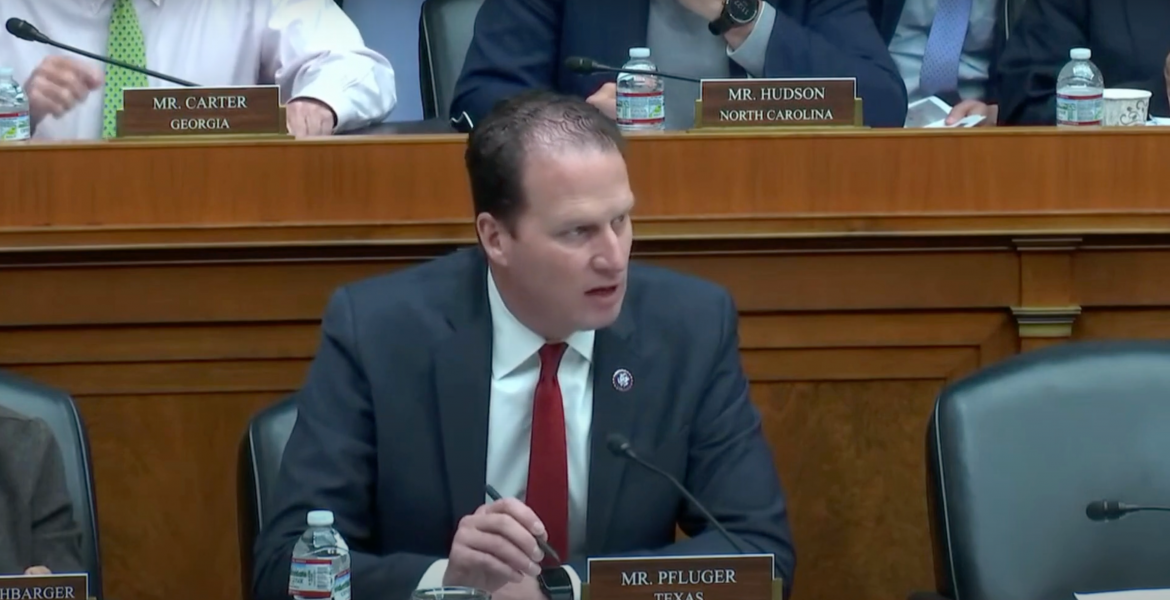DALLAS, Texas – On November 22, 1963, the nation was gripped by a tragedy that forever altered the political and emotional landscape of Texas, particularly Dallas. President John F. Kennedy's assassination not only shocked the world but left an indelible mark on the Texas Democrat Party.
Dallas, the city where the tragic event occurred, found itself thrust into an unwelcome spotlight. The assassination brought a cloud of scrutiny and stigma that lingered for years, affecting the city's reputation and its political dynamics. The tragedy created a collective sense of grief and guilt among Dallasites, who grappled with the association of their city with such a significant national tragedy.
The Texas Democrat Party, historically dominant in the state, saw a shift in its trajectory after JFK's assassination. Kennedy's presidency and his charisma had resonated deeply with many Texans, and his tragic death profoundly impacted the party's morale and image. The aftermath of the assassination prompted a reassessment of political alignments and strategies within the state.
Lyndon B. Johnson, JFK's vice president and a Texas native, assumed the presidency following Kennedy's death. LBJ's tenure, while marked by significant legislative achievements, also saw a growing divide within the Democratic Party in Texas. The rise of conservatism in the state, particularly in the wake of the Civil Rights Movement, led to a gradual realignment of political ideologies. The traditional Democratic stronghold in Texas began to weaken as the state gradually turned more Republican in its political leanings.
Over the years, the Texas Democrat Party underwent a series of challenges, grappling with the evolving political landscape. Shifting demographics, changing ideologies, and strategic political shifts contributed to the party's struggle to maintain its historic dominance.
In 1994, a significant turning point occurred in Texas politics as the Texas Republican Party began its ascension to power. A seismic shift took place, altering the state's political landscape dramatically. The Republican Party's "Contract with America" campaign led to sweeping victories, resulting in the GOP gaining control of both houses of the Texas Legislature for the first time since Reconstruction.
This historic win marked a watershed moment in Texas politics, signifying the beginning of the end of the long-standing dominance of the Texas Democrat Party. The Republican Party's ascent to power was further solidified in subsequent years, as Democrats struggled to maintain their footing in the face of a changing political climate.
Since that pivotal year of 1994, no Democrat has secured a statewide office in Texas. The Republican Party consolidated its influence, dominating statewide elections, from governorships to other key positions in Texas politics. This prolonged period of Republican rule underscored the enduring transformation of Texas into a stronghold for the GOP.
Furthermore, the state's electoral votes in presidential elections consistently favored Republican candidates. Starting from the mid-1990s, Texas became a reliably red state in presidential elections, contributing its significant electoral votes to Republican nominees.
The Democrat Party's decline in Texas mirrored broader shifts in the state's demographics, ideologies, and political preferences. It grappled with internal divisions, changes in voter sentiment, and a struggle to redefine its platform to resonate with the evolving population.
As Texas continued to be a Republican stronghold in both state and national politics, the Democrat Party faced mounting challenges in regaining statewide relevance, perpetuating a prolonged period of Republican dominance that followed the significant political transformation initiated in 1994.
By 2023, Texas had transformed into a battleground state, fiercely contested between Democrats and Republicans. The Texas Democrat Party, while still holding pockets of influence in certain urban areas, faced an uphill battle to regain the statewide dominance it once held.
JFK's legacy continued to be commemorated on November 22 each year, not only as a remembrance of a tragic event but also as a marker of the enduring impact it had on Texas politics. The assassination had left an indelible mark on the state's political identity, shaping its trajectory for decades to come.
Subscribe to the LIVE! Daily
Required






Post a comment to this article here: